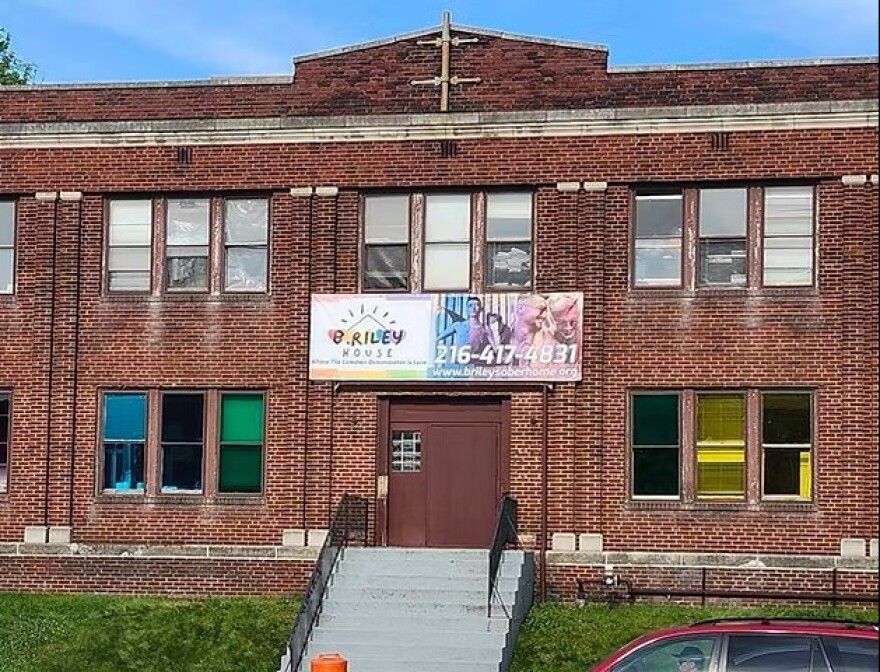The B. Riley House, a drug treatment facility and series of recovery houses on Cleveland's West Side, will soon offer mental health care to address the underlying causes of high drug and alcohol addiction rates among the LGBTQ+ community.
The move, which will come in the next three months, is in response to a report completed late last year by the Kent State University Department of Public Health, said Ty Stimpert, a research assistant on the report and B. Riley House’s board chair.
The report, The Greater Cleveland LGBTQ+ Community Needs Assessment, is the first-ever comprehensive LGBTQ+ needs assessment for Cuyahoga, Geauga, Lake and Lorain counties. It found high rates of drug and alcohol addiction in the community, underlain by high rates of mental health issues.
Among the more than 1,600 LGBTQ+ individuals surveyed, 14% reported being diagnosed with a substance abuse disorder within the past five years, with 12% citing drug dependence and 8% citing alcohol dependence, the report found.
The nonprofit will bring in on-site psychologists, social workers and nurse practitioners to work with clients, said Melissa Williamson, B. Riley’s program director.
“We're really just trying to expand our services to fit the needs of the community,” she said. “We can help them get off drugs, but we need to help them deal with the underlying reasons to why they're using drugs.”
Those reasons could include past treatment due to patients’ LGBTQ+ identity, Williamson noted.
“Sexual trauma, physical trauma, bullying — 90% of our clients come in with some kind of like PTSD or mental health issues as well as substance use disorders, because of some of the barriers they have had growing up or coming into adulthood, or coming out or just being part of the community,” she said.
The report found that the rates of mental health issues were far higher than the general population in Ohio or nationally. More than half of respondents also reported suffering from depression or anxiety compared to 33% of the general populace in Ohio reporting a diagnosis of depression or anxiety in 2023, according to the Kaiser Family Foundation.
Nearly a quarter also reported having post-traumatic stress disorder, compared to 6% nationwide, according to the Department of Veterans Affairs, and 21% had suicidal ideation, where an individual thinks about killing themselves, compared to a little over 4% nationally, according to The Pew Charitable Trusts.







